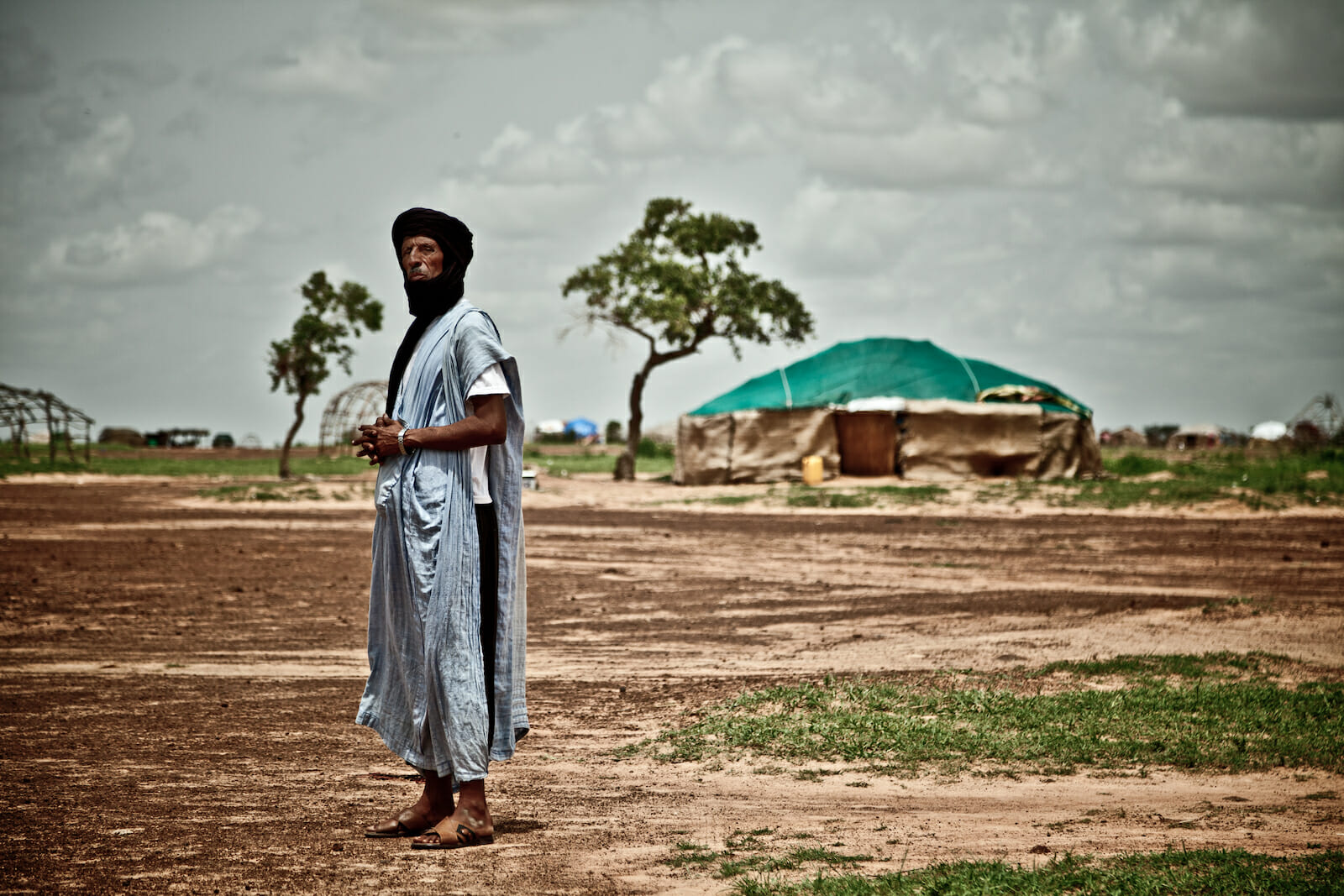
Road to Mali: The UN’s Newest Peacekeeping Mission
In Africa, eight UN missions have succeeded in reversing a country’s descent into civil war by providing the necessary platform from which the state could, slowly, achieve stability. The decision by the UN Security Council to command field operations in Mali beginning 1 July will hopefully become the organization’s ninth. The pronouncement, as stated by UK Ambassador Mark Lyall Grant, was a “unanimous agreement” to “move to the next phase of Mali’s recovery,” which is expected to be the presidential election scheduled for 28 July. Security is the peacekeeping force’s utmost priority as fighting continues between rebel groups, making “success” dependent upon “key confidence building and assistance to put Mali on the path to stability,” said Secretary General’s Special Representative to Mali Bert Koenders.
Assurances are expected to be difficult to achieve in a continent that grows increasingly wary of foreign involvement in national and regional affairs. It is due to this that the UN Security Council has decided to utilize the troops from the current African mission to stabilize the country. The decision makes sense as the continent’s peacekeeping forces were created by the United Nations; however, more issues are expected to come about as standards, particularly regarding human rights, differ between the two organizations.
Peacekeeping operations have become more complex since the United Nation’s first endeavor in 1961, and, since then, the organization has seen numerous successes and failures.
Long deemed leaderless, inefficient, and impotent by its detractors, UN peacekeeping operations have continually functioned far better than many would care to admit; the UN has succeeded in missions where, as pointed out by Major General Delali Johnson Sakyi, “there is no ‘one size fits all’ solution.”
Missions have evolved over time; protecting national leaders transitioned to securing the citizenry from violence. Securing and stabilizing the country shifted to post-conflict reconstruction efforts, with the monitoring of local and national elections. The convoluted and complex scenario that awaits the UN peacekeepers in Mali was broached by military commanders while outlining the United Nations Multidimensional Integrated Stabilization Mission in Mali (MINUSMA).
In their reports, they outlined the support necessary for the peacekeeping forces and local institutions. The primary focus was the rebel forces utilization of sophisticated technology in their fight against peacekeeping forces and the Mali government. It was during these discussions that Lieutenant General Carlos Alberto dos Santos Cruz stated: “Greater use of advanced military technology by UN peacekeepers is necessary as much for minimizing the vulnerabilities as it is for capitalizing on the opportunities.”
Finding the necessary funding, training, and material for more advanced technology is heavily dependent upon the provenance of the troops filling the mission’s ranks. In Mali, the mission is to consist of the African forces currently on the ground; soldiers from countries with limited military hardware and technological know-how. It is due to this that without more Western involvement in the operation Mr. dos Santos Cruz’s call for ‘advanced military technology’ will not be obtainable.
“We count on the continued support of both traditional and new troop-contributing countries to help us fill these critical shortfalls,” said UN Peacekeeping Chief Herve Ladsous. Sadly, it is becoming more the latter that fills the UN peacekeeping ranks, in an effort to gain status and trust in the international community (China) or pay for the countries expansive militaries (India, Pakistan, and Bangladesh).
Western governments are, on paper, responsible for a majority of the UN’s peacekeeping budget – in 2011, the US was struggling to keep up the payments on its $1.2 billion debt to the world body – however it is the Global South that provides the UN the operational manpower to move forward with its peacekeeping endeavors. Problems should be expected in this scenario: finances are allocated to put boots on the ground, but many of the soldiers being deployed do not have the knowledge, skills, and abilities necessary to succeed in a multi-national effort that is using advanced technology.
While Western governments complain about the organization’s inefficiencies, the United Nations has been growing concerned about its reliance on lesser-equipped militaries to achieve operational objectives. Even before the economic collapse, Western countries were streamlining the aid allocated for overseas operations and, with the growing unease over unemployment numbers; they remain uninterested in providing more assistance. For the West, reducing the amount of finances and material to these causes is self-defeating. Without peacekeepers in place, the conflicts have the potential to erupt again and the ensuing cost in blood and treasure will be higher.
The Obama administration’s statement that it cannot provide direct assistance to the Malian government because it came to power in a coup is the reason why America is supporting France’s intervention efforts. These limited commitments have been enough to assist in re-capturing the northern regions but more is needed to secure the gains made.
The UN peacekeeping mission in Mali can succeed in securing the country for the upcoming national elections; however, Western involvement will be needed in order to truly rebuild the country. Many fear that Mali has the potential to turn into another Afghanistan – a government that has no reach outside the capital; rural territories controlled by tribal groups and extremist organizations – but these concerns can be quickly assuaged in reviewing England’s successes in stabilizing Sierra Leone.

